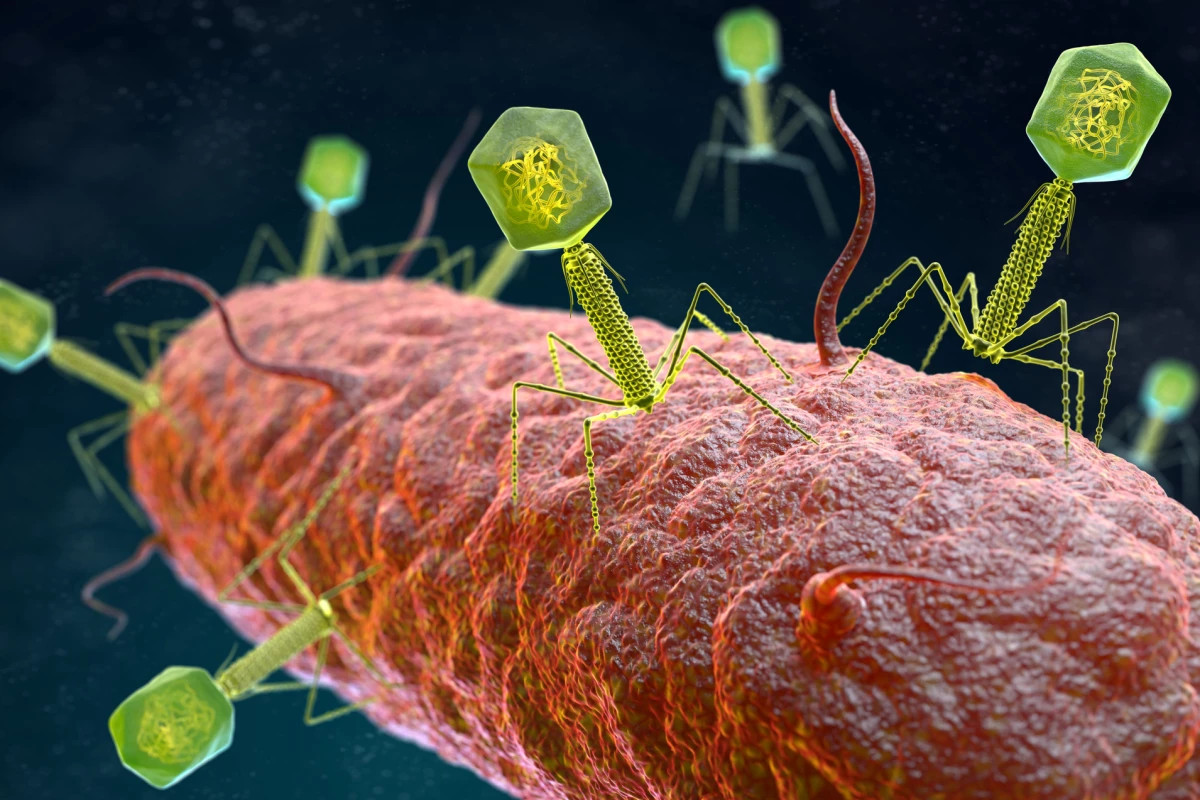An impressive new study has cataloged thousands of distinct viral species living in the human gut. The vast majority are unknown to science and researchers suggest understanding the novel interactions between bacteria and viruses in our microbiome could help develop future therapeutic treatments for disease.
Over the last few years most microbiome research has focused on how the bacteria living in our gut influence our health. But our microbiome consists of much more than bacteria. Unique populations of parasites, viruses and fungi also live inside us.
Last year a team of researchers published one of the first catalogs of gut viral populations, called the Gut Virome Database. That study detailed more than 33,000 unique viral populations.
Now an international team of researchers has created an even larger gut virome database, analyzing nearly 12,000 fecal samples from subjects spanning 24 countries. The research identified 54,118 unique viral species.
“Remarkably (but perhaps predictably), more than 90 percent of these viral species are new to science,” write Philip Hugenholtz and Soo Jen Low, two University of Queensland (UQ) researchers working on the project. “They collectively encode more than 450,000 distinct proteins – a huge reservoir of functional potential that may either be beneficial or detrimental to their microbial, and in turn human, hosts.”
Around 75 percent of the viral DNA detected in the study can be linked to bacteriophages, a particular type of virus that only infect bacteria and are harmless to humans.
In the first half of the 20th century bacteriophage therapy was seen as a promising way to fight bacterial infections, but the rise of effective antibiotics led to a wane in research. That was until antibiotic-resistant bacteria caused a resurgence of interest. Now researchers are investigating phage therapy as an option for everything from diabetic foot ulcers to obesity.
A potential outcome from cataloging these novel gut bacteriophages could be a form of precision microbiome modification. In the future if there are certain populations of gut bacteria doctors need to reduce or amplify, releasing viruses known to target those specific bacterial species could be a treatment solution.
“There has been discussion of potentially customizing people’s gut microbiomes using dietary interventions, probiotics, prebiotics or even 'transpoosions' (faecal microbiota transplants), to improve an individual’s health,” explain the UQ researchers. “Phage therapy may be a useful addition to this objective, by adding species or even subspecies-level precision to microbiome manipulation. For example, the bacterial pathogen Clostridioides difficile (or C. diff for short) is a leading cause of hospital-acquired diarrhea that could be specifically targeted by phages.”
Of course, if we are only just starting to understand how gut bacteria influences our health then the study of gut viruses is positively embryonic. The researchers behind this new study indicate their findings most likely comprise just a fraction of the total diversity of viruses living inside us, with plenty more new species left to discover.
The new study was published in the journal Nature Microbiology.
Source: The Conversation





